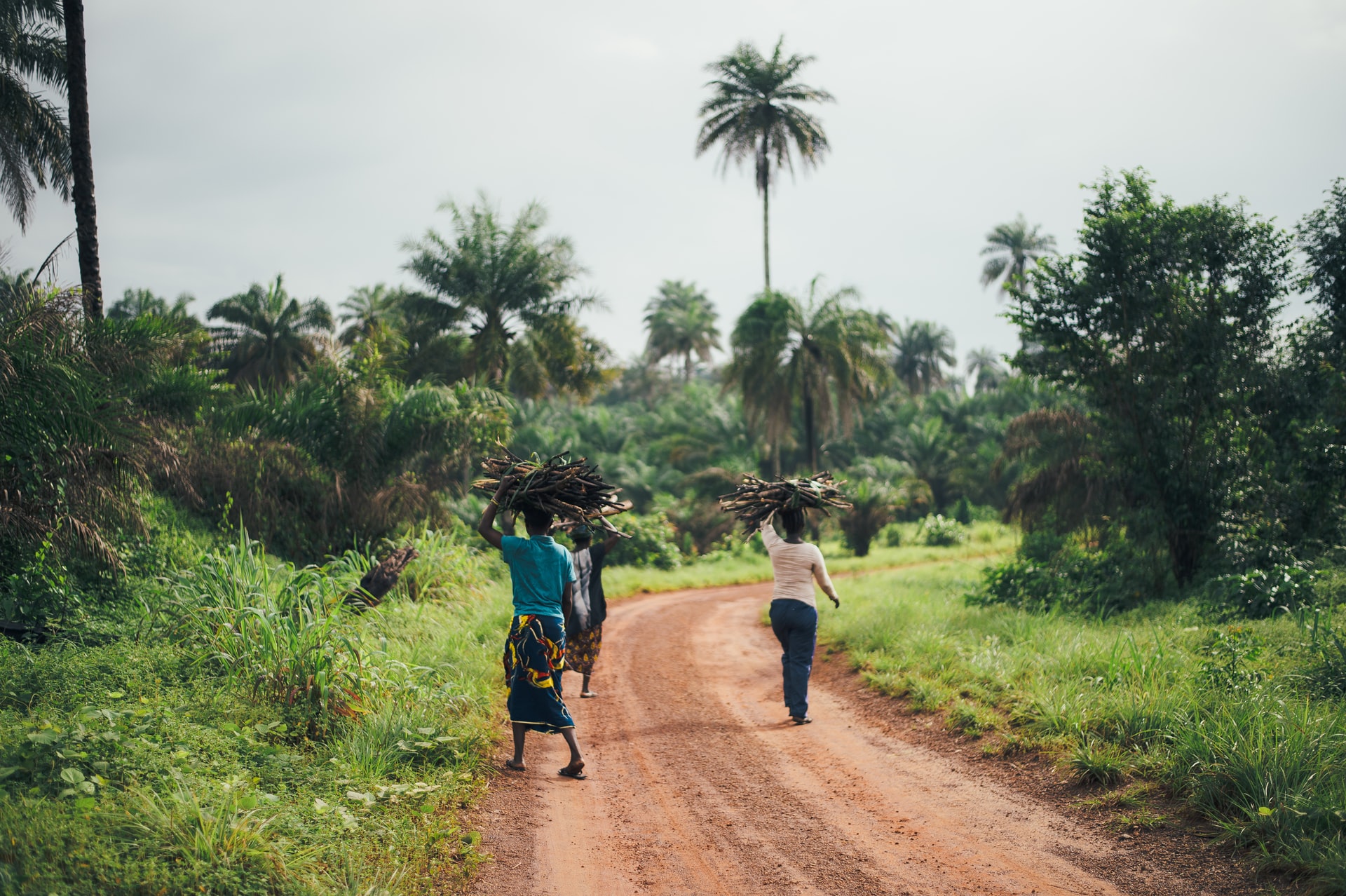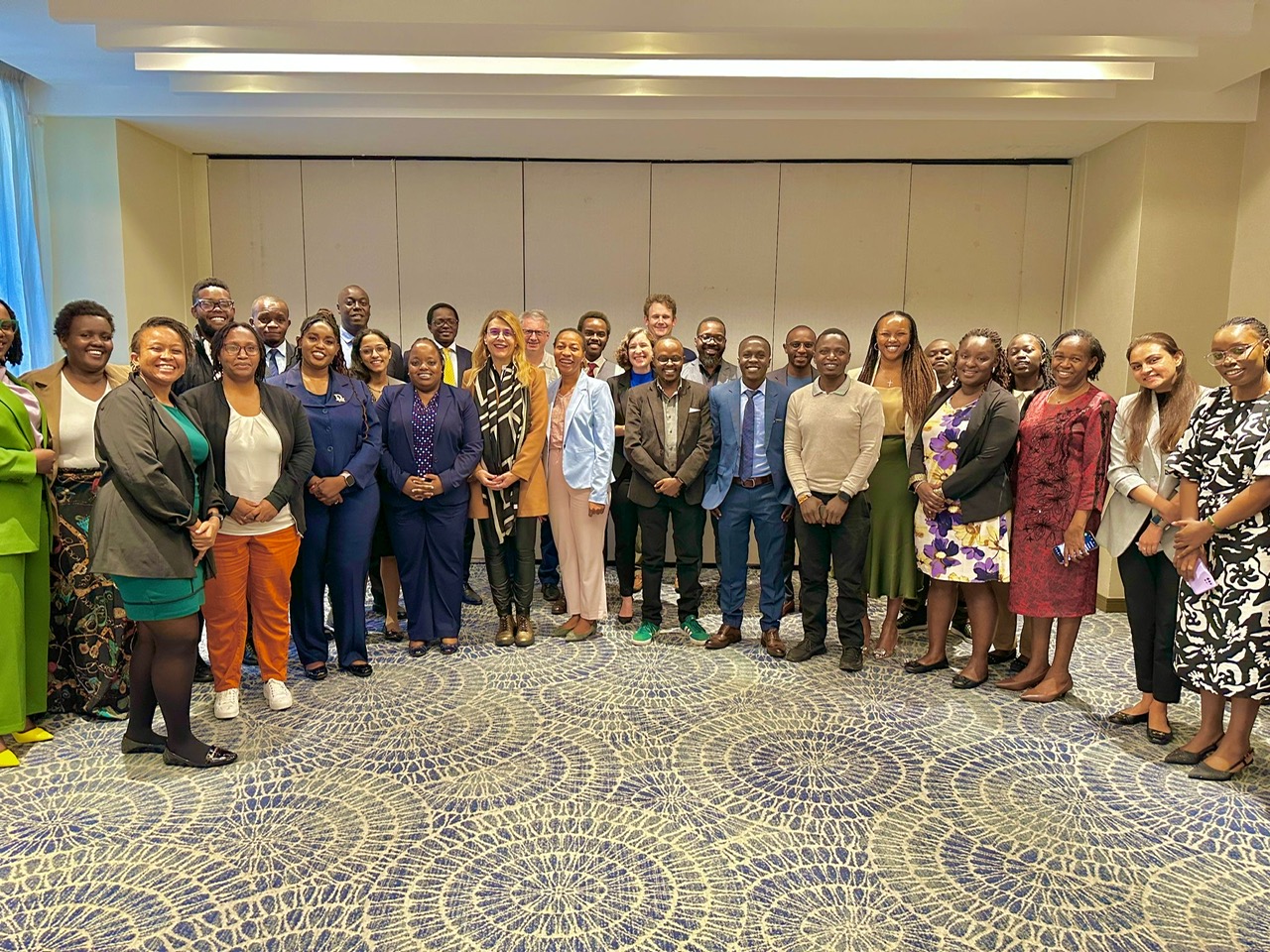We are excited to announce that Brink is now part of Africa Practice. Learn more
Looking forward: Key themes to look out for in Africa in 2021

Vaccine Momentum
Africa is facing its 1st recession in 25 years. Sustained vaccine momentum will be critical for economic recovery in 2021. COVAX – co-led by the WHO, Gavi, the Vaccine Alliance, and the Coalition for Epidemic Preparedness Innovation (CEPI), has pledged to secure vaccines for 20% of the population of poor countries. Meanwhile, the COVID-19 African Vaccine Acquisition Task Team (AVATT) appointed by AU Chairperson Cyril Ramaphosa, is targeting 60% of the African population, working with partners such as the World Bank and Afreximbank. Strive Masiyiwa, an AVATT envoy, has identified the need for USD 4 billion to meet this target and has underlined the scale of the logistical challenges associated with this. Collaborations with the private sector in areas such as logistics, including refrigeration, and also to address the remaining funding gaps, will be crucial.
Debt Sustainability
Levels of debt sustainability will preoccupy governments and investors in 2021. Subdued growth and high spending are set to push Sub-Saharan Africa’s average debt as a percentage of gross domestic product over 70%, a new report from Fitch estimates. Eight sub-Saharan African countries will need to spend at least 20% of their government revenues just to meet their debt interest payments by 2022. These levels of debt will invariably place pressure on the African banking system too. Moody’s expects ‘non-performing loans (NPLs) to potentially double from 2019 levels as payment holidays expire, eroding banks’ profitability.’
Well orchestrated lobbying of the G20 and IMF by a committee of well regarded African financiers and AU envoys, staved off a financial crisis in 2020, but more innovative financial restructuring will be required in 2021 if we are to avoid the levels of debt distress that forced the Paris Club of creditors to intervene in 2003. China has a big role to play here and all eyes will be on preparations for the FOCAC Summit in Dakar next year, where China will seek to position itself as the preferred Africa partner. African countries owe China more than $143-billion, making it the single largest creditor to sub-Saharan Africa.
Digital Services Regulation
Regulatory scrutiny of technology giants has been growing worldwide and the regulation of digital services and technology firms will dominate African government agendas in 2021, driven by two fundamental requirements. First, to ensure that citizens have access to a wide choice of safe products and services online, and secondly to fund substantial budget deficits. The challenge in the year ahead will be to write or rewrite the rules governing digital services and technology, without hurting free speech and innovation. Designing fair and efficient regulation will require diligent consultation and the involvement of multiple stakeholders.
Climate Change
Climate change will loom large in 2021, with the next Conference of Parties (COP) scheduled for November in Glasgow and the new Biden administration immediately returning the US to the global 2015 Paris agreement.
All nations have committed to nationally determined contributions (NCDs) on adaptation and mitigation; but only Egypt, amongst all the big emitters in Africa, managed to reduce its emissions in 2019. Climate change threatens African societies greatest, but it also affords immense opportunities for smart climate financing that rewards integrated land use and the preservation of biodiversity, which is a growing area of focus for some of the world’s largest financiers and an opportunity for African nations. We can expect the natural capital accounting movement to accelerate in 2021 and with it the emergence of climate and nature financing.
Governance
Mo Ibrahim’s annual index of governance recorded its first decline this year, in part because public scrutiny of governance has been increasing in African nations. Keep an eye on the progress of the #FixPolitics initiative in Nigeria in 2021, and remember that demographics matter. The patriarchy that has occupied the polity in most African societies since independence is under pressure from an increasingly vocal youth, whose numbers dwarf older generations. Quality of leadership remains a challenge at the apex of African governance.
Zambia, Ethiopia and Uganda will stage general elections in 2021. In Zambia, the election will be the sixth attempt by opposition leader Hakainde Hichilema (HH) to win the presidency. Everyone agrees that Zambia needs much better economic stewardship, but whether Zambians will place their confidence in HH and UPND remains to be seen. In Ethiopia, the conflict may be resolved by election time, but the tension between the TPLF and Prime Minister Abiy will provide the backdrop to the Ethiopian election in 2021. Robert ‘Bobi Wine’ Kyagulanyi is leading the National Unity Party in the 2021 Ugandan elections. Wine continues to gain support each time he is arrested and he has built a strong international profile, but there’s no indication yet that this will translate into a winning campaign strategy. The backdrop to the election will favour Museveni. The opposition’s chances may appear bigger than they really are.
Healthcare
Africa’s innovation landscape has largely been led by the financial technology sector. 2020 saw the emergence of more African health technology startups, who finally began to overcome the perception of Africa’s health sector as fragile and unattractive to investors.
The pandemic response and social distancing measures have compelled key stakeholders in the health sector to consider e-health and telemedicine for diagnostics, medical consultations, medical delivery services, health insurance and other aspects of healthcare.
There’s a wealth of African entrepreneurs ready to disrupt this sector. They only need the right enabling policies and regulatory environment to do so. There’s no shortage of venture capital ready to back them, especially if policy coordination and regulatory harmonization quickens. The operationalisation of the African Continental Free Trade Area next month, augurs well.
About the author:
Marcus Courage is the CEO at Africa Practice, a pan-African strategic advisory firm. A specialist in public affairs and advocacy, Marcus has evolved into the continent’s most sought-after advisor on risk and reputation.
Related articles
Proud to be BCorp. We are part of the global movement for an inclusive, equitable, and regenerative economic system. Learn more


